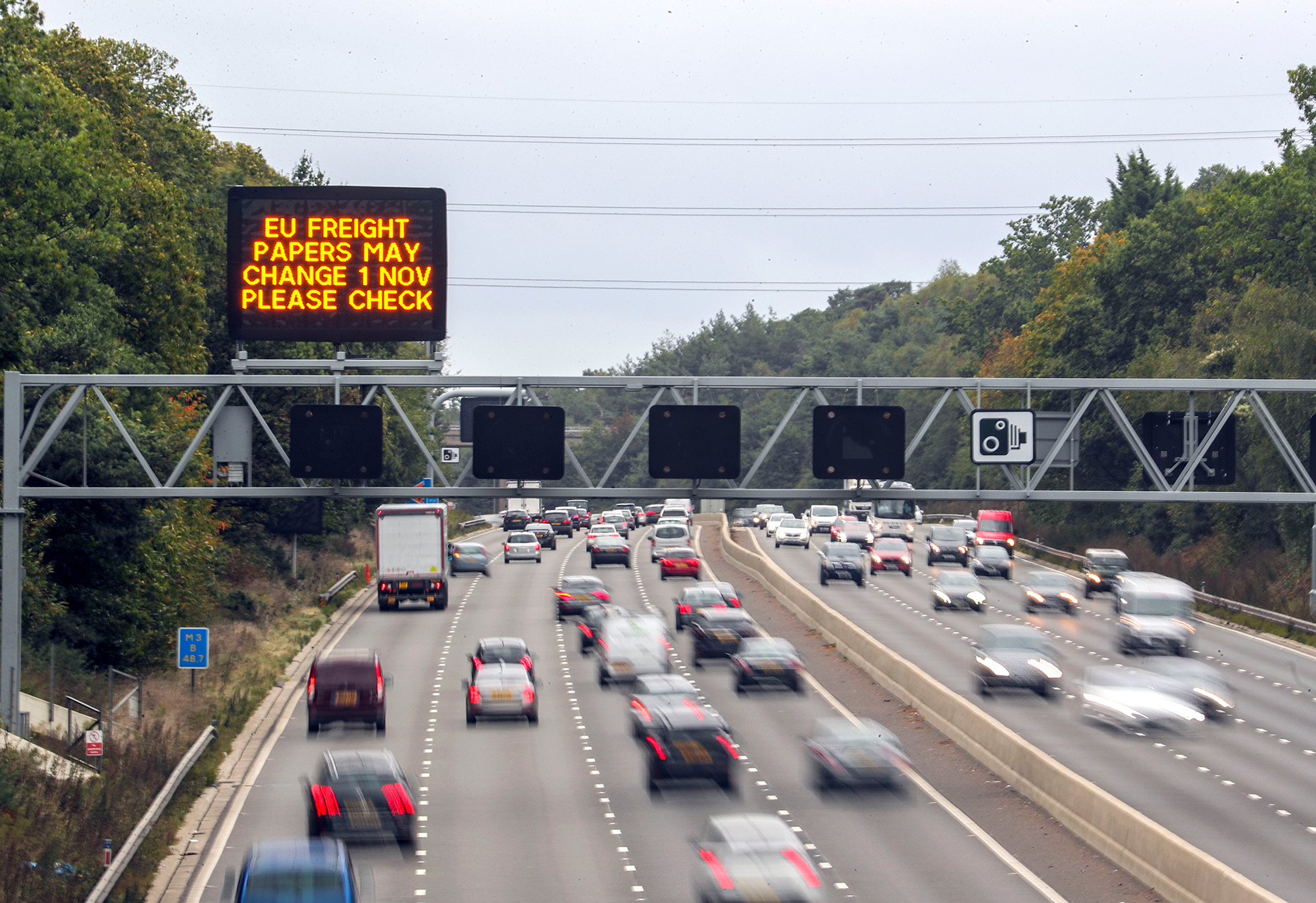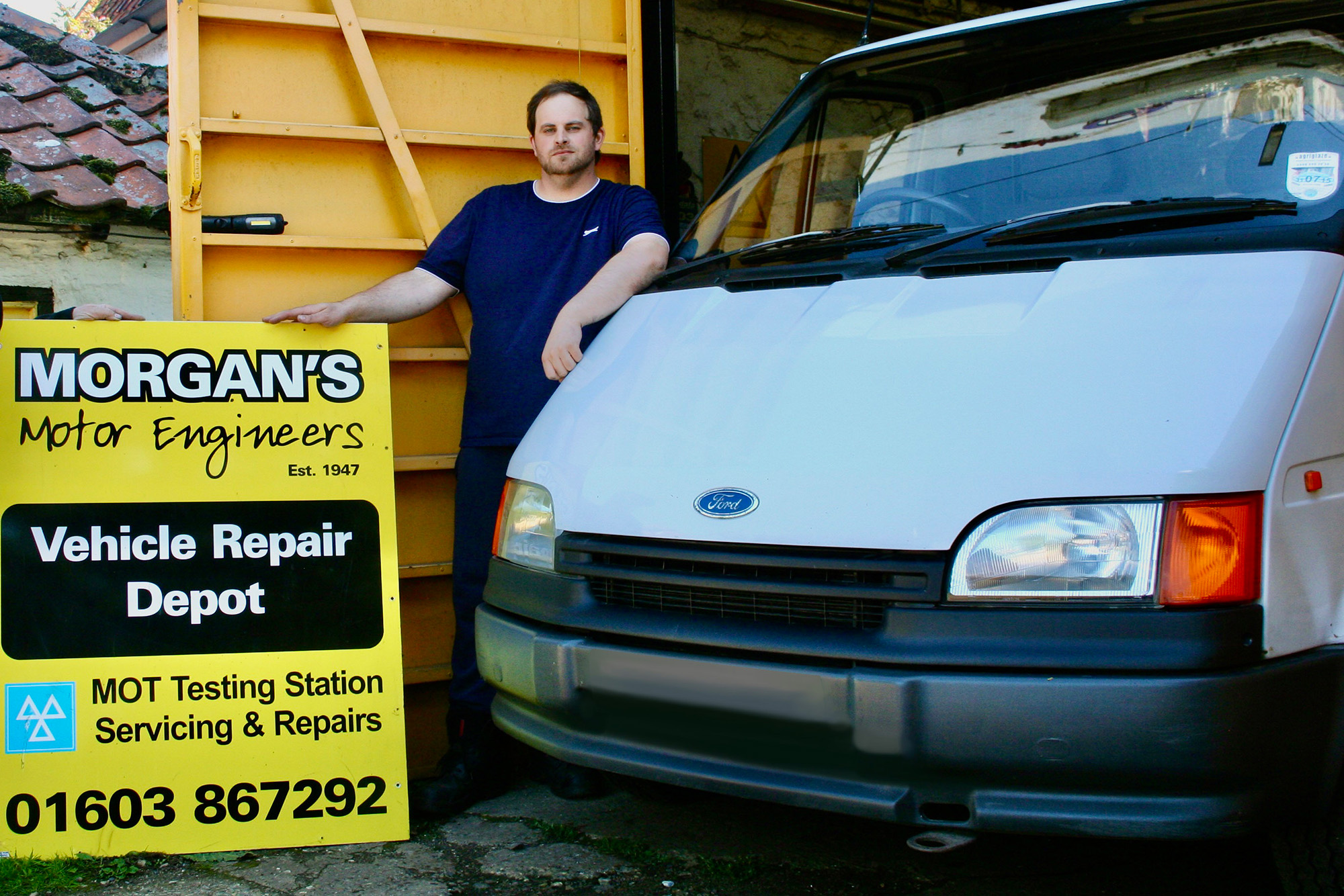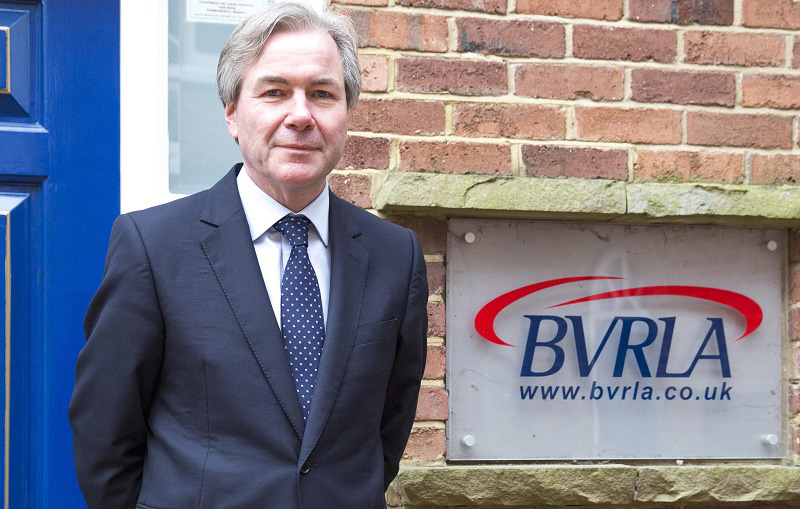Garages are being forced to pass on increased parts prices to customers, with Brexit and Covid a double-edged sword against a backdrop of cost-of-living rises.
The prices of some components have more than doubled in the past two years, with European brands the most affected.
William Morgan of Morgan’s Motor Engineers in Drayton, Norfolk, says that he’s unfortunately having to pass costs on to customers, as he doesn’t fit non-OEM parts to cars in his care.
On one occasion, Morgan’s had to wait several weeks for some Honda suspension parts to enter the UK supply chain, even though the company still has its European headquarters in the UK at Bracknell.
The delay was a hold-up at customs while Brexit checks were concluded and duties determined.
‘We tend to source most of our parts and consumables through the main dealership networks, as the quality is known and far less likely to have problems than some other sources we choose not to entertain,’ he said.
‘If it’s not good enough for one of our own vehicles, it’s not good enough for our customers – that’s how we have always operated.

Brexit checks are holding up parts deliveries. This PA image from September 2019 shows a sign over the M3 near Camberley warning of the impending changes
‘Because of supply and demand, prices for oils and parts most definitely have increased and these increases are continuing all the time.
‘It may be coincidental but since being bought by PSA, Vauxhall parts have most definitely increased in cost.’
Morgan believes that Brexit is a key factor, not just because of the additional duties levied on parts imported from mainland Europe but also because of increased labour costs caused by driver shortages in the supply chain.
The problem has been exacerbated since Brexit, thanks to a number of European drivers no longer working in the UK.
‘The cost of living, Covid, Brexit and the war in Ukraine are all factors that are causing prices everywhere to increase, unfortunately,’ he added.
‘Operational costs have increased due to fuel and energy costs shooting up, and as a result parts prices have been pushed up. When things will settle down again, I truly don’t know.’

William Morgan of Morgan’s Motor Engineers in Norfolk says Brexit is a key factor in him having to pass increased costs on to customers
His views are echoed by Bob Chittenden from Peterborough, who is an independent repairer specialising in vans and light commercial vehicles.
‘My business model is to buy vehicles that are non-runners and repair them for resale and I tend to only do Ford Transits now,’ he said.
‘Previously, I used to do quite well with Mercedes-Benz Sprinters, which have always had a good following, but these days they’re much more expensive to repair.
‘I can’t get new parts at sensible prices and the lead times for getting them are much longer.
‘With Transits, there’s always a good parts supply locally so they’re much easier to get parts for quickly, which is what you need when you have to get a vehicle back on the road.’
The issues aren’t just being experienced by mechanics.
In a survey of its members earlier this year, the British Vehicle Rental and Leasing Association (BVRLA) reported that 90 per cent of them – many of whom are fleet managers – had seen costs go up as a result of Brexit and Covid.
‘For the fleet and mobility services sector, there really is no such thing as “business as usual” any more,’ said BVRLA chief executive Gerry Keaney.

BVRLA chief executive Gerry Keaney says many of its members have seen costs go up as a result of Brexit and Covid
‘Hampered by Brexit, Covid-19, inflation and carbon reduction targets, the global automotive supply chain continues to lurch from one crisis to another, with BVRLA members bearing the brunt.
‘The sentiments shared in our latest Industry Outlook Survey highlight this, but they also tell a story of optimism and remarkable resilience.
‘Green shoots are appearing with vehicle supply and most of our members are seeing growing sales.
‘We are not out of the woods, but we have every reason to believe that businesses in our sector are on the right path.’
This feature appears in the current edition of Car Dealer – issue 188 – along with news, views, reviews and much more! Click here to read and download it for FREE!

































